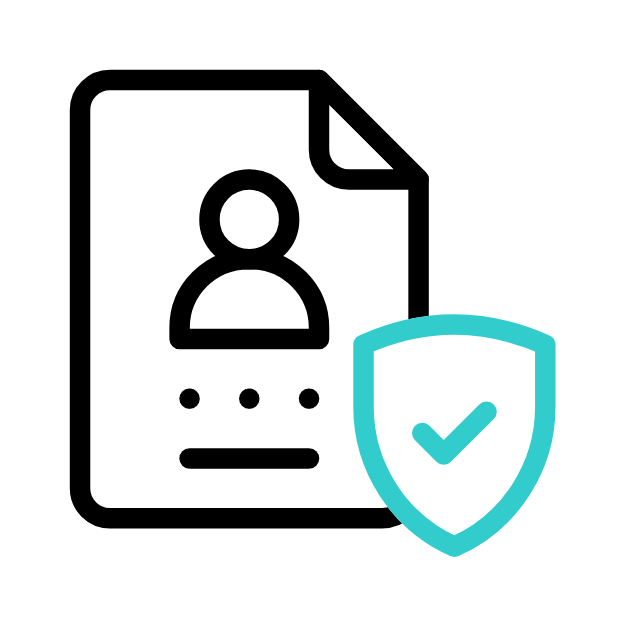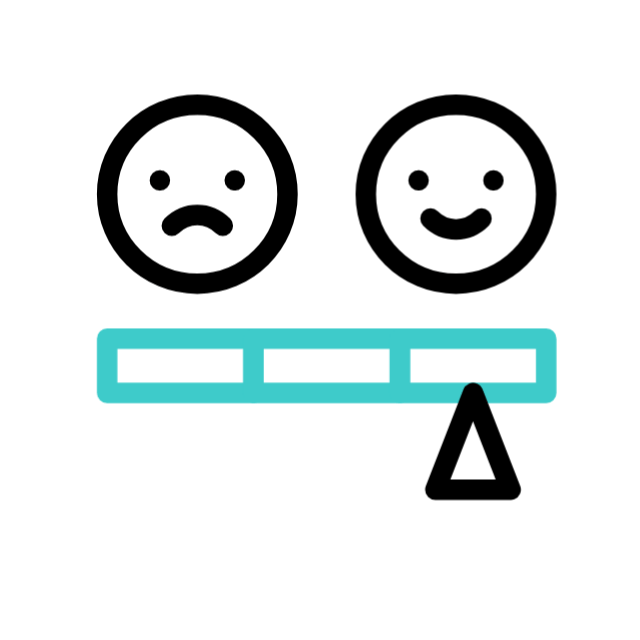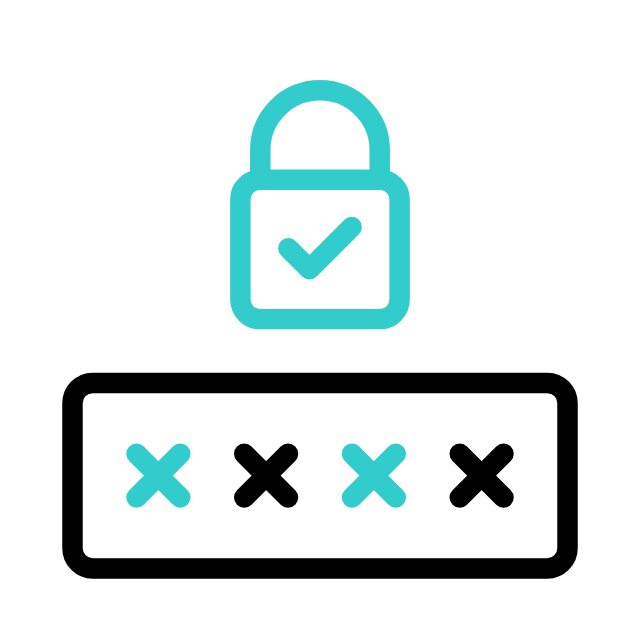
Data privacy is all about control over how your personal information is collected, used & shared. While most people think of data privacy as being tied to laws & regulations, there’s more to it than just legal frameworks.

What Shapes Data Privacy?
Laws are a major force in protecting data privacy, but they’re not the only one. As consumers, we have the power to influence how companies handle our data and as a company we should understand this. Even if a company’s practices are legal, if customers dislike how their information is used, they can opt out, whether that’s refusing to share data or leaving the platform altogether. This creates market pressure for companies to prioritize privacy, something product managers need to consider when improving products.
Technology also plays a big role. Advances in cybersecurity & privacy preserving technologies, like differential privacy, are constantly improving how data is protected. On top of that, some industries self-regulate. For example, education companies often agree to shared standards on what data they collect & how it’s used.
* Differential privacy is a technique used to protect individual data in a dataset while still allowing meaningful analysis.

What Is Protected by Data Privacy Laws?
Data privacy laws generally focus on Personally Identifiable Information (PII), non-public data tied to an individual, like your name, address or email. Sensitive information, like medical records, financial data or social security numbers, often gets extra protection under stricter rules.
Personally Identifiable Information can be:
- Directly identifiable; like a phone number or home address.
- Indirectly identifiable; where attributes (e.g., age, job, or location) can be combined to figure out someone’s identity.
Anonymized or aggregated data where individuals cannot be re-identified & usually falls outside the scope of privacy laws.

The Web of Privacy Laws
One of the trickiest parts of data privacy is figuring out which laws apply to your company. If you serve users in a specific country or process their data, you’re likely required to follow that country’s privacy laws, no matter where your business is based. For example, companies operating in the U.S. often need to comply with both federal laws & individual state laws, as more states pass their own privacy regulations.

Privacy by Design
“Privacy by Design” means building privacy into every stage of a product’s development, from the first idea to launch & beyond. It’s about being proactive in your approach, embedding safeguards into the design & architecture of systems instead of treating privacy as an afterthought. This approach helps ensure compliance with privacy laws like GDPR etc & builds trust with users.
